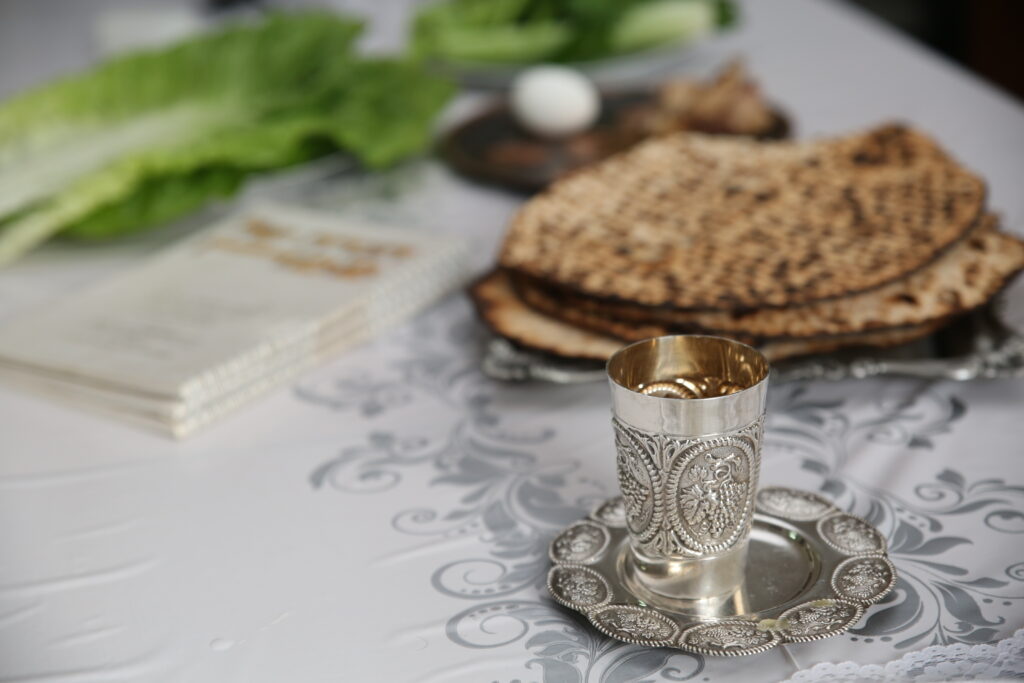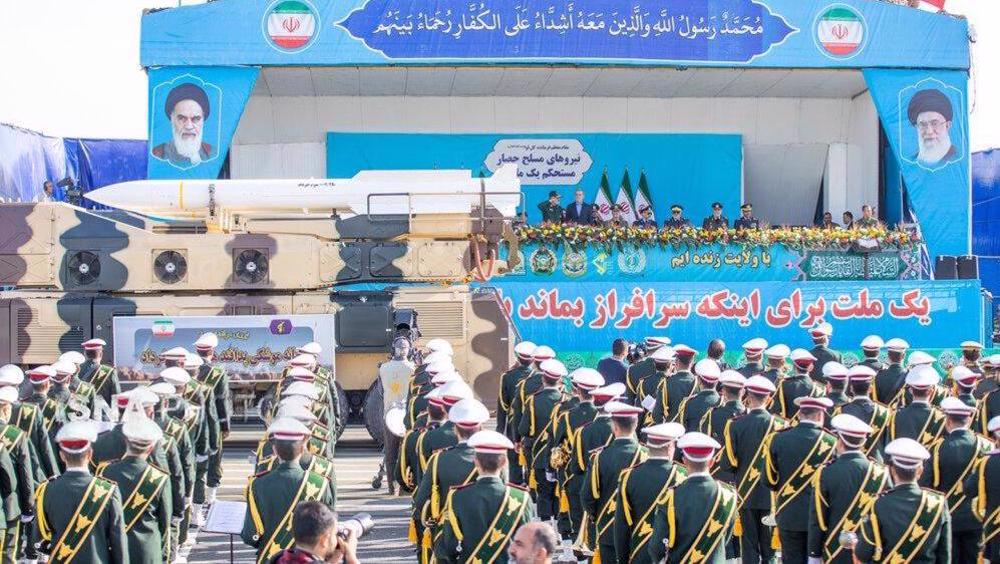RESOURCES
Symposium: Perceptions of the Middle East and the Gaza War – Australia
March 18, 2009 | Colin Rubenstein
Below is AIJAC’s Dr. Colin Rubenstein’s contribution to a symposium published by the Middle East Review of International Affairs (MERIA) detailing the reaction in various key countries to the Israel-Hamas Gaza War in December and January. Dr. Rubenstein analyses Australian reactions – at the political level, in the media and among the intellectual elites, and in terms of public opinion.
The full symposium is available at:
http://www.gloria-center.org/meria/2009/03/symposium2.html
PERCEPTIONS OF THE MIDDLE EAST AND THE GAZA WAR: VIEWS FROM KEY COUNTRIES
Symposium
The perceptions of international elites and publics, and the policies of these governments toward the Middle East have always been viewed as vital to events in the region. Perhaps such concepts are exaggerated, yet this subject is well worth examining. Thus, in the wake of the Gaza war, people from a number of countries were asked to look at trends in the places where they live. Three levels are examined: the policies of governments, the attitudes of intellectual-media-cultural-journalistic elites, and public opinion. Several countries from a number of geographical locations were chosen to get some sense of whether these factors are changing and their current status.
CONTENTS
Steven J. Rosen, “United States”
Paul Michaels and Noah Shack, “Canada”
Colin Rubenstein, “Australia”
P R Kumaraswamy, “India”
Heymi Bahar, “Turkey”
…….
AUSTRALIA
Colin Rubenstein *
Melbourne, Australia
The reaction of Australia’s government, media, and elite, and public opinion to Israel’s December 2008-January 2009 military operations against Hamas in Gaza was mixed. At the government level, both the Labor government as well as the Liberal opposition voiced strong, consistent, and principled support for Israel’s right to defend itself and clearly blamed Hamas’ rocket attacks for the violence and the end of the six-month ceasefire. As Deputy Prime Minister Julia Gillard said at the outset of the conflict (December 29, 2008), while serving as acting prime minister, “Clearly the act of aggression was engaged in by Hamas, which commenced shelling with rockets and mortars into Israel. That is what breached the ceasefire, and Israel responded.” Ms. Gillard also expressed concern over civilian casualties and called for the ceasefire to resume, but the emphasis of her comments was clearly on Hamas’ violence.
Prime Minister Kevin Rudd issued a strong statement of his own. Speaking on January 5, 2009, he stated that “Australia recognizes Israel’s right to self-defense,” while also calling on both parties to avoid harming innocent civilians, supporting efforts for an immediate ceasefire, and pledging an addition A$5 million in aid for Palestinians in Gaza. Importantly, Rudd singled out Hamas as a “terrorist organization” and noted that any diplomatic solution to the Israel-Hamas violence had to include an end to Hamas’ rocket attacks on Israel and arms smuggling into Gaza.
Support for Israel was bipartisan as well. For example, Liberal MP Malcolm Turnbull, the leader of the Opposition, welcomed the provisions of the UN Security Council’s ceasefire resolution that explicitly condemned terrorist attacks against civilians and demanded an end to the smuggling, calling both “necessary pre-conditions for an Israeli withdrawal from Gaza.” The bipartisan support was also deep, with backbenchers of both major parties voicing private and public expressions of support throughout the conflict (largely drowning out the limited discord from a few backbenchers of both parties who have long been vocal on this topic and pro-Palestinian sentiment from the Australian Green Party).
The Rudd government’s supportive stance extended beyond Australia’s borders, all the way to the United Nations. There, Australia abstained on the UN General Assembly’s (GA’s) one-sided ceasefire resolution. Following closely what the prime minister and foreign minister had previously articulated, Australia’s UN ambassador expressed support for the Security Council’s resolution and belief that both sides should avoid actions that would harm civilians. However, he indicated that Australia could not vote in favor of the GA resolution because it did not call for an end to rocket attacks against Israel or of weapons smuggling into Gaza, and thus would not achieve the goal of a “durable” ceasefire.
Australia showing support for Israel’s position at the UN may be particularly noteworthy, since in November-December 2008 the Rudd Government had switched Australia’s position on two of the nearly twenty annual anti-Israel resolutions voted on by the GA (moving from voting “no” on both to voting in favor of one and abstaining on the other). Some analysts in Australia had sought to portray the switch as a move by the Labor government away from Israel and/or as an effort to garner support from Arab and Muslim states for Australia’s Security Council bid. The government’s vocal defense of Israel’s actions in Gaza would seem to undercut that theory, however.
In contrast to the supportive response of the Australian government, the reaction of Australian media outlets was mixed. Melbourne’s The Age newspaper and the capital’s Canberra Times were particularly critical of Israel. With respect to The Age, this included inflammatory and sensational headlines, captions, and photographs; news articles that adopted various “lawfare” arguments, such as alleging illegal use of white phosphorous, as their premise; an editorial that argued, “Killing civilians will not make Israel safer”; a hefty imbalance to its opinion articles–including one by Hamas leader Khalid Mash’al–and a bizarrely placed, antisemitic piece in the business section for which the paper subsequently apologized.
The Canberra Times opinion page was similarly unbalanced, with regular columnists criticizing Israel’s conduct of the war and reprinting anti-Israel commentary from the UK’s Independent and The Guardian. Even the Australian Financial Review, which has a business focus, got into the act. One of its weekly columnists cum analysts ignored both geographical and historical facts to argue that Israel’s goal was to drive Gazans into Jordan and further its expansionist aims, and it ran an editorial screaming: “Might is not all right: Israel has gone too far.”
On the other hand, the Sydney Morning Herald showed much more balance in its coverage. For example, despite having the same publisher as The Age and even sharing a Jerusalem correspondent, the Sydney Morning Herald’s articles were accompanied by more neutral headlines and captions; and although a regular columnist repeatedly used his space to proffer various conspiracy theories, the paper’s editorial at the outset of the operation was well-balanced.
The Australian had several strong editorials defending Israel’s response to Hamas’ rocket attacks and deconstructing many of Israel’s critics’ most transparent arguments. The paper’s opinion page also provided a range of viewpoints, from those supportive of Israel to those quite critical.
As for the public broadcast media, the two main television stations’ broadcasts frequently adopted the criticisms of Israel, particularly the lawfare criticisms (e.g., illegal use of white phosphorous, disproportionate response) as their initial premise for many of the stories. However, in those cases the broadcasts almost invariably interviewed an IDF spokesman and provided Israel the opportunity to respond to the allegations. Moreover, the stations’ performance was much improved from that in the 2006 Lebanon War.
Public opinion on Israel’s military operations against Hamas was also divided. Mirroring what happened across much of the world, anti-Israel protests were held in every major Australian city. Like their international counterparts, these demonstrations exhibited a dose of not just anti-Israel sentiment but also clear-cut antisemitism. This included the now familiar tactic of comparing Israel to the Nazis, Gaza to the concentration camps and Warsaw Ghetto, the Star of David being interchanged with the swastika, and, in one case, being burned, and even a young girl carrying a placard that stated: “Jews havent[sic] learn[sic] they need [a swastika] more than before.”
Using the Holocaust imagery and analogy against Jews and Israel was also a common tactic in Australia. One group, the Socialist Alliance, even specifically advised its supporters to use the “Israel equals Nazi Germany” line of attack, and provided a website from which supporters could print signs to this effect. Continuing this theme, in a press release, the chairman of the Australian Federation of Islamic Councils made the claim that “one is witnessing the very victims of the Holocaust now perpetrating much worse atrocities against Palestinians.”
In addition to the anti-Israel protests and the rhetoric exhibited at them, there was also a spike in antisemitic incidents in parts of Australia that coincided with Israel’s operations in Gaza. There were reports of at least one physical attack in Sydney and reports of verbal and written abuse in Melbourne, including the vandalization of a memorial in a Jewish suburb, antisemitic posters affixed to a synagogue, and various incidents of Jewish people being harassed when walking on the sidewalk. Finally, there was also an increase in efforts by left-leaning student groups on Australian campuses to enact resolutions decrying Israel’s conduct in Gaza and calling for academic boycotts of Israel, Israeli academics, and Israeli institutions. Most of these resolutions were either defeated or did not come up for a vote.
Anti-Israel rallies and antisemitism were countered by pro-Israel sentiment by many in Australia. There were counter-rallies expressing support for Israel held in Melbourne, Sydney, and Perth, drawing crowds in or near the thousands. Both Jews and non-Jews participated. Members of parliament from both the Liberal and Labor parties, some of whom spoke at the rallies, strongly supported Israel’s right to defend itself while laying the blame for the violence squarely at the feet of Hamas.
* Dr. Colin Rubenstein was a senior lecturer in politics, specializing in the Middle East, at Monash University, Melbourne, Australia, from 1975-1998. Since January 1999, he has been executive director of the Australia/Israel and Jewish Affairs Council (AIJAC).
……..
Tags: Australasia





